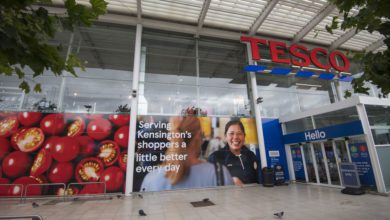Budget reaction: Retail warns that higher costs will hamper investment
The BRC warned that the budget will ‘hit hard, with the odds now stacked firmly against growth and investment in the short term’

The retail industry has warned that increased costs following the Autumn Budget may hit businesses hard, with retailers facing higher costs amid new measures that come into place next April, with some warning the sector will face over £2.5bn in new costs in 2025.Yesterday, chancellor Rachel Reeves announced a series of measures aimed at raising £40bn in taxes, including employers’ national insurance contributions rising to 15%, alongside hikes in both the National Living Wage and National Minimum Wage.






